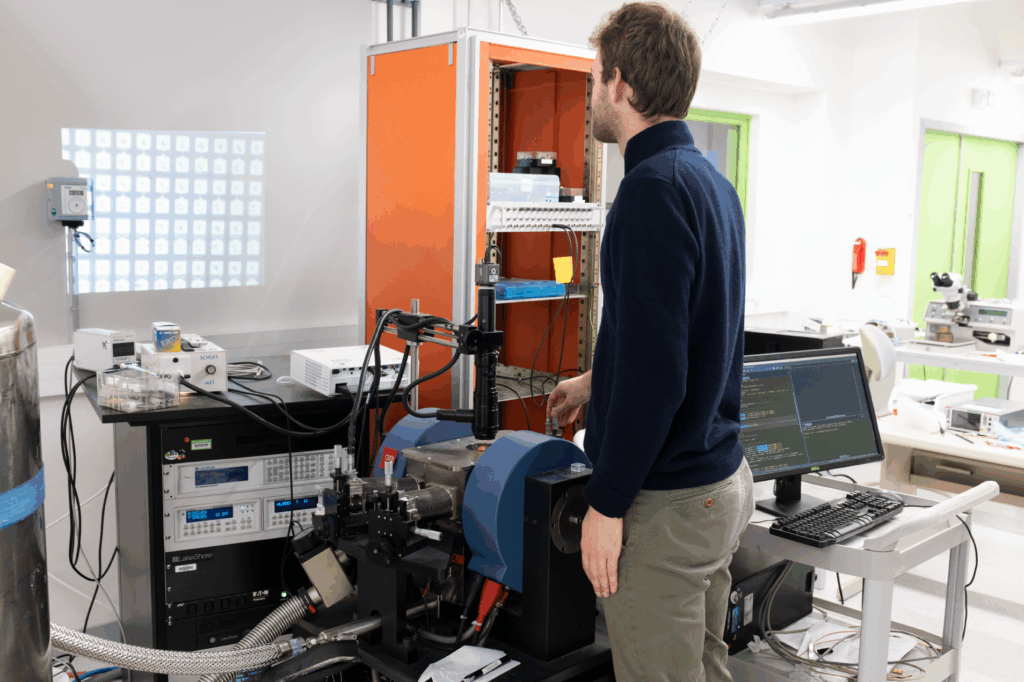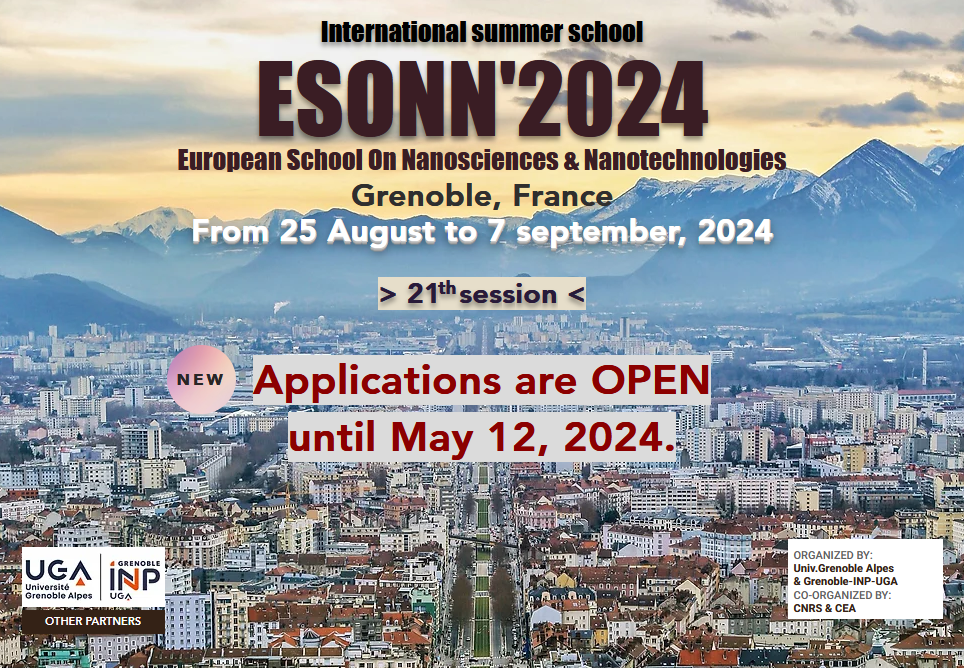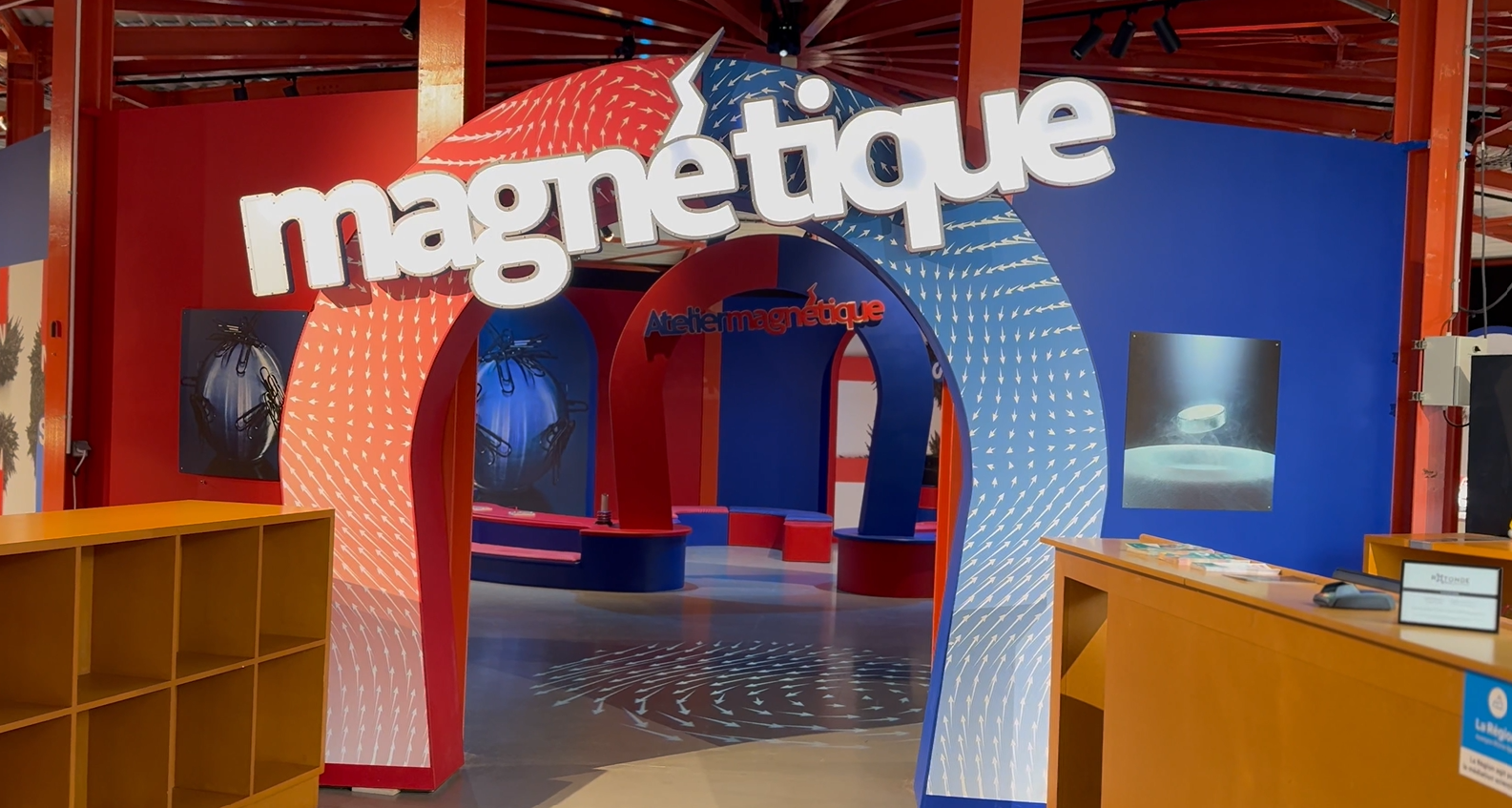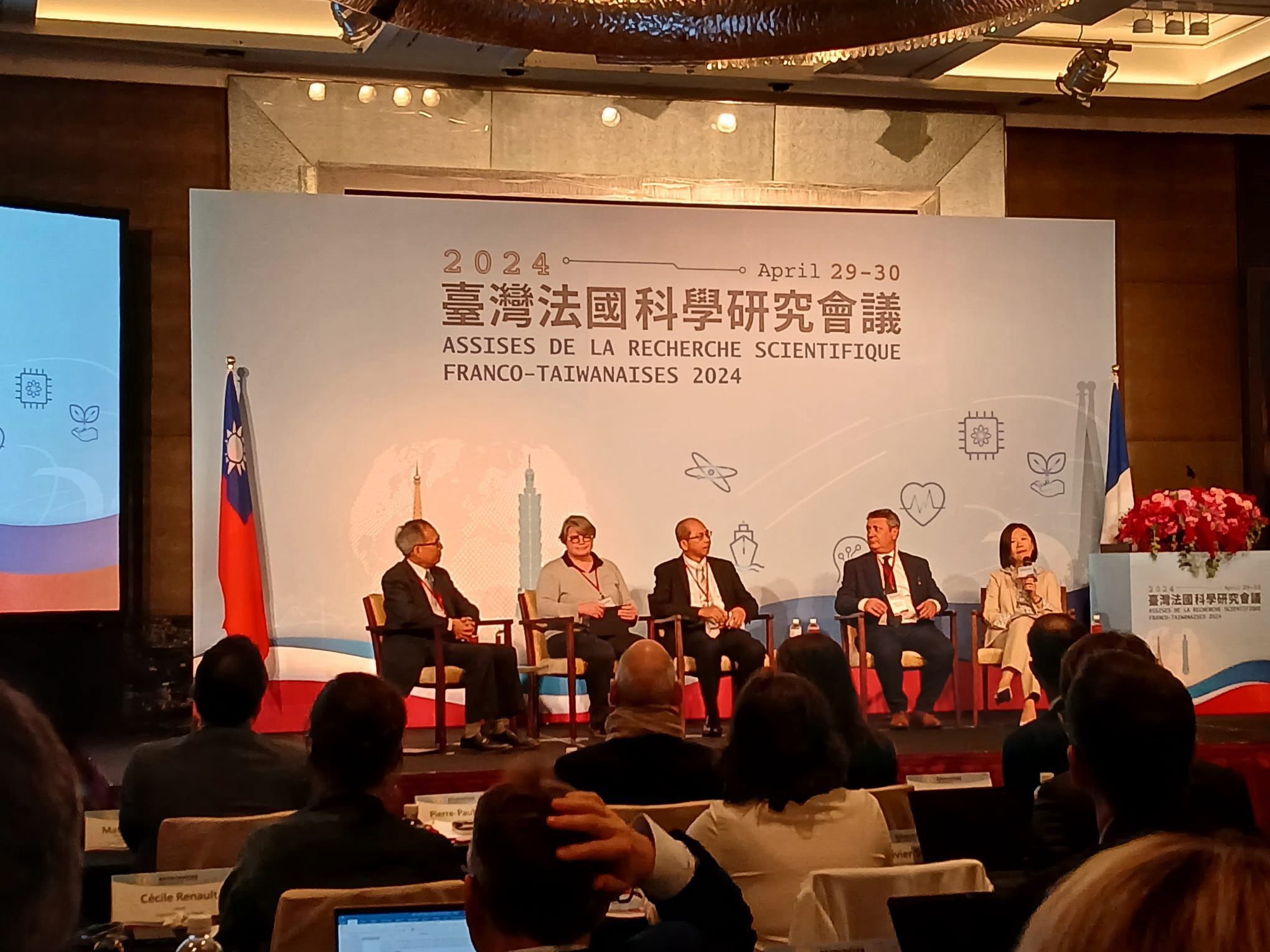Nellow: The FESO Revolution, a french technology to decarbonize digital systems
At a time when the energy consumption of digital technologies continues to rise, the issue of electronic sobriety is emerging as a major challenge—environmental, industrial, and strategic. In this context, Nellow, a young startup from Grenoble, stands out with an innovation capable of profoundly transforming the microelectronics sector and bringing Europe back into the global semiconductor race
The energy challenge of future chips
The explosion of artificial intelligence, connected objects, and data centers has caused global demand for computing power to skyrocket. But behind this performance race lies a worrying reality: the exponential energy consumption of electronic circuits. Each new generation of chips offers only marginal efficiency gains—barely 20% better—while AI models and transistor counts continue to grow.
For decades, the industry has relied on CMOS technology, which consists of shrinking transistors to improve performance. But this physical scaling approach is reaching its physical and economic limits. Investments required to manufacture ever-smaller transistors have become colossal, while energy benefits are diminishing. It is now clear that CMOS alone will not sustainably meet the energy needs of the digital age.
From CMOS to FESO: a new era for microelectronics
his is precisely where Nellow comes in, with a radical innovation: a new generation of logic and AI chips based on quantum materials and ferroelectricity, known as FESO (FerroElectric Spin Orbit).
This technology enables reading the ferroelectric state without destroying it, unlike classical architectures. By controlling the output current, it becomes possible to perform complex logic operations directly at the material level, with infinitesimal energy expenditure.
The result: an energy consumption reduction by a factor of 10 to 1000, whereas the industry typically achieves a few dozen percent.

Introducing Nellow
Nellow is a startup developing and promoting a technology stemming from more than 15 years of fundamental and applied research conducted by two world-renowned laboratories specializing in microelectronics: the SPINTEC laboratory (CEA Grenoble, Université Grenoble Alpes & CNRS) and the Laboratoire Albert Fert (CNRS, Thales, and Université Paris-Saclay).
It is led by a team of co-founders with complementary expertise. Jean-Philippe Attané, professor at Université Grenoble Alpes and Senior Member of the Institut Universitaire de France, serves as CEO, with over 20 years of experience in spintronics and scientific project management. Laurent Vila, CTO, engineer at the CEA and expert in the industrial transfer of innovative spintronics solutions, oversees technological innovation and R&D. Alongside them, Manuel Bibes, CSO, CNRS researcher and recipient of the 2022 EuroPhysics Prize, contributes his expertise in quantum materials and international project funding. Finally, Alexandre Charvier, CDO, handles the design and development of hardware and software solutions, drawing on two decades of experience in the semiconductor industry and international team management.




